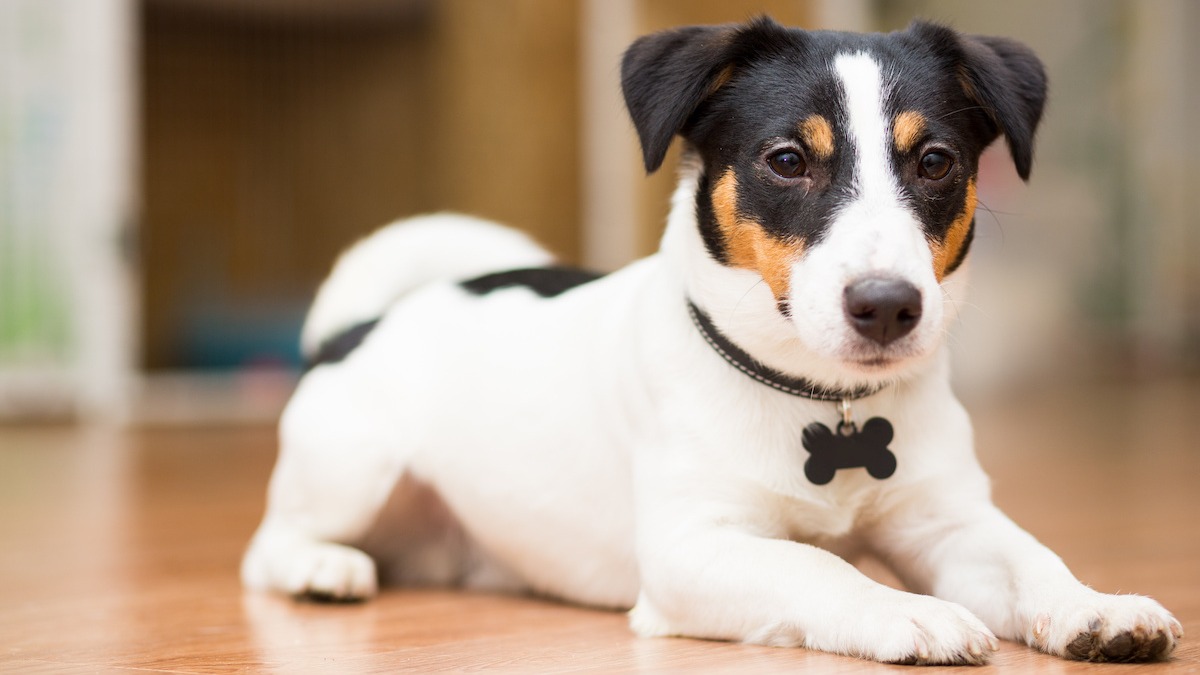
Best Collars for Large Dog Breeds: A Comprehensive Guide
Share
Finding the best collars for large dog breeds is essential for health-conscious pet owners. The right collar not only ensures the safety and comfort of your pet but also contributes to their overall well-being. In this guide, well delve into the various types of collars available, considerations for choosing the right one, and tips for maintaining your pets health and happiness.

Understanding the Needs of Large Breeds
Large dog breeds, such as Great Danes, Mastiffs, and Saint Bernards, have unique requirements when it comes to collars. Their size and strength necessitate collars that are durable and provide the necessary support without causing discomfort.
When selecting a collar, its important to consider factors like the dogs neck size, activity level, and any specific health concerns. An ill-fitting collar can lead to skin irritation or even injury, so its crucial to get it right.
Types of Collars for Large Dogs
There are various types of collars suitable for large dogs, each offering distinct benefits:
- Flat Collars: These are the most common type of collar and are ideal for everyday use. They come in various materials, including nylon, leather, and fabric. Dog collars for sensitive skin can be especially beneficial for large breeds prone to skin issues.
- Martingale Collars: Designed to prevent dogs from slipping out of their collars, martingales provide more control without choking the dog. They are particularly useful for breeds with thick necks.
- Harnesses: While not technically a collar, harnesses are a great alternative for large dogs, as they distribute pressure evenly across the body. This can help prevent neck strain and increase comfort during walks.
Materials Matter
The material of the collar plays a significant role in its durability and comfort. Leather collars are a popular choice for large breeds due to their strength and longevity. However, they require regular maintenance to prevent drying and cracking.
Nylon collars are another excellent option. They are lightweight, easy to clean, and come in a variety of colors and styles. For eco-conscious pet owners, there are also collars made from recycled materials, which offer both style and sustainability.
Health and Safety Considerations
Ensuring your dogs collar is safe and comfortable is paramount. Here are some tips to keep in mind:
- Regularly check the fit of the collar to ensure its not too tight or too loose. You should be able to fit two fingers between the collar and your dogs neck.
- Inspect the collar for signs of wear and tear. Replace it immediately if you notice any damage.
- Consider getting a personalized dog collar tag to ensure your pets safety if they get lost.
Training and Behavioral Aspects
Choosing the right collar can significantly impact your ability to train and manage your dog. For instance, collars designed for leash training can help teach your dog to walk calmly on a lead, reducing pulling and improving behavior.
Additionally, some collars come with features like built-in GPS or LED lights, which can be beneficial for keeping track of your dog and ensuring their safety during nighttime walks.
Maintenance and Care
Proper maintenance of your dogs collar will extend its life and ensure it remains safe and comfortable for your pet. Here are some tips:
- Regularly clean the collar according to the manufacturers instructions. This will help prevent the buildup of dirt and bacteria.
- Condition leather collars periodically to keep them supple and prevent cracking.
- Store collars in a dry place when not in use to avoid moisture damage.

FAQs
What is the best type of collar for a large dog?
The best type of collar depends on your dogs specific needs, but flat collars are versatile for everyday use, while martingale collars offer more control without choking.
How often should I replace my dog's collar?
Its a good idea to inspect the collar regularly for wear and replace it as needed, typically every 1-2 years, depending on the material and usage.
Are harnesses better than collars for large dogs?
Harnesses can be beneficial for large dogs as they distribute pressure evenly and can prevent neck strain, especially for dogs that pull on the leash.
For more insights into dog collar history, you can visit history of dog collars.
This article contains affiliate links. We may earn a commission at no extra cost to you.
